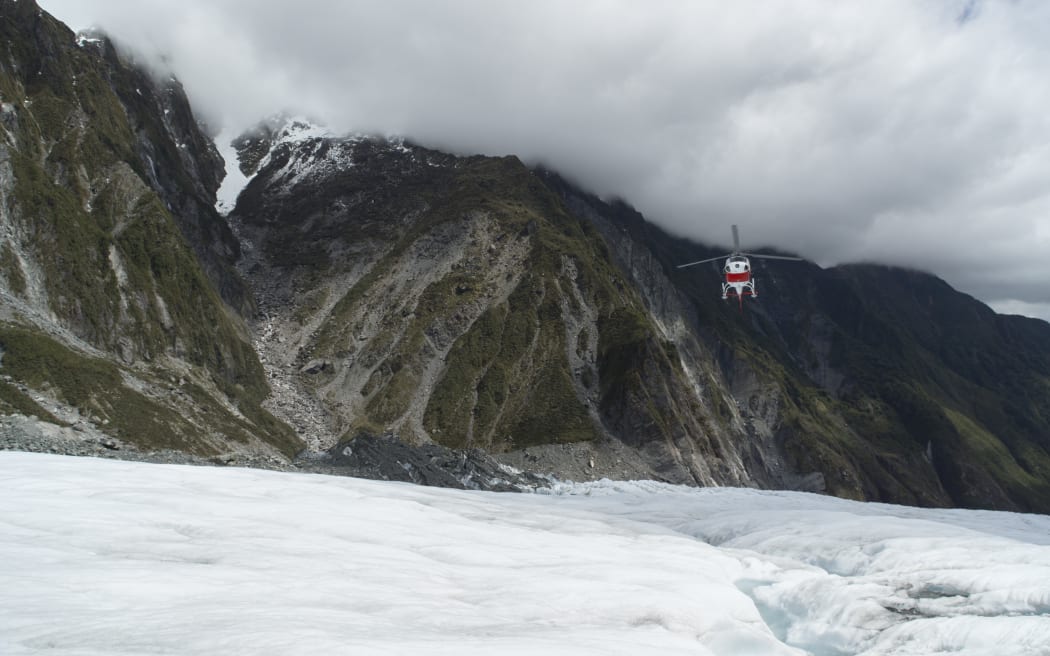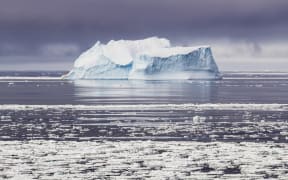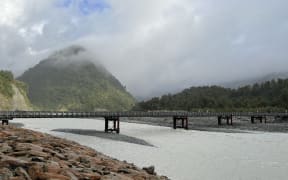
Franz Josef Glacier. Photo: 123RF
A decades-long survey of New Zealand's glaciers has painted a stark picture, showing a rising snowline that is accelerating.
The National Institute of Water and Atmospheric Research (Niwa) has been flying over the country's mountain ranges to conduct an end-of-summer snowline survey since the 1970s.
Programme lead Dr Andrew Lorrey said the glaciers appeared smashed and shattered due to enduring ice loss.
"Even if we got a few cooler seasons, they wouldn't be enough to undo the damage that's already been done," he said.
"My colleague Dr Trevor Chinn, who started the survey nearly 50 years ago, put it perfectly - he said that the difference between today and five decades ago is like going to a ski field in the summer and then in the winter. That's how stark it is, and it's not just happening in New Zealand but all over the world."
Seven of the 10 warmest years recorded in New Zealand have been in the past decade - 2023 was the second-warmest on record.
"Overall, the snowline has been rising and in the most recent years we're seeing that rise accelerate, so we're experiencing a continued trend of glacial ice loss," Lorrey said.
The southernmost glaciers had not been checked since 2018, when they were already incredibly small and functionally dead. The surveyors found one was two-thirds the size it was when they last visited.

Dr Andrew Lorrey. Photo: NIWA / Rebekah Parsons-King
Rising greenhouses gases needed to be tackled to stop glaciers from melting away, Lorrey said.
As an important source of meltwater, glaciers sustain habitats and deliver nutrients as well as feeding into hydroelectric lakes and contributing millions of dollars to the economy through tourism.
"They hold tremendous value, but I worry that they won't be around for our children to enjoy, not to mention the impacts their disappearance will have on our environment and cultural heritage."




